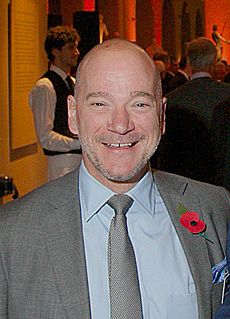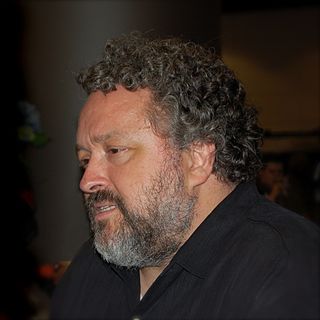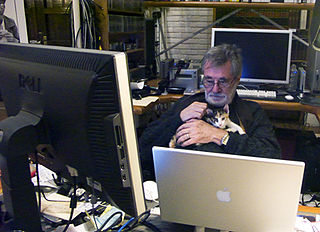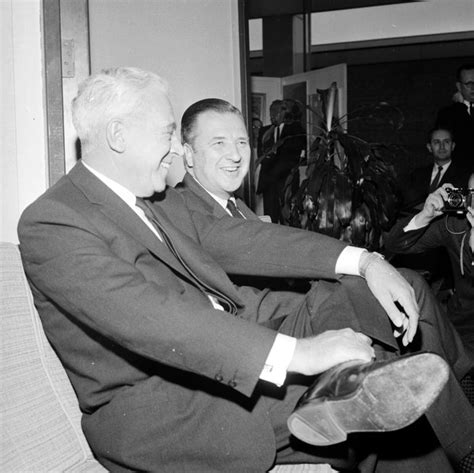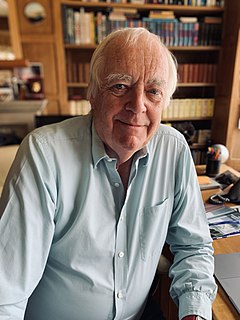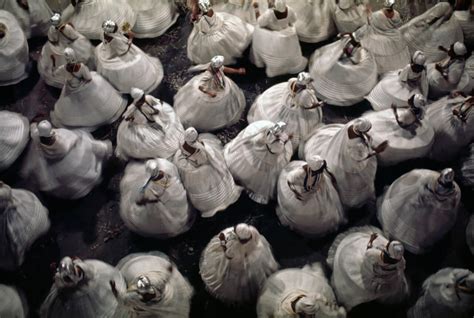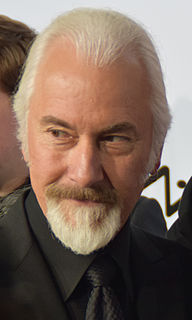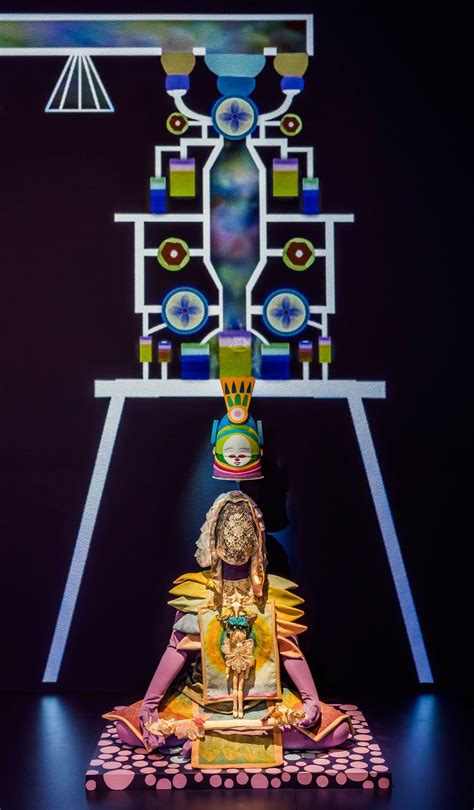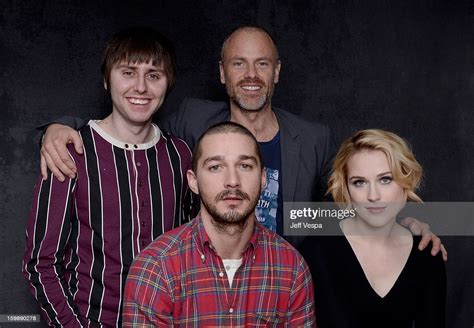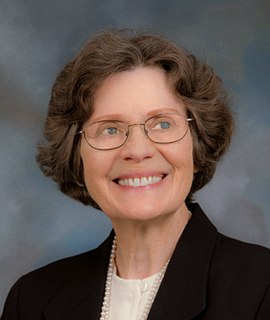Top 1200 Digital Tools Quotes & Sayings
Explore popular Digital Tools quotes.
Last updated on April 14, 2025.
Technology sometimes gets a bad rap because of certain consequences that it's had on the environment and unforeseen problems, but we shouldn't use it as an excuse to reject our tools; rather, we should decide that we need to make better tools to solve the problems caused by the initial tools in a progressive wave of innovation.
And young people who are learning digital skills discover that the real challenge is coming up with an image that resonates, first of all, with your self and hopefully, with an audience. They can learn all these new techniques and think that they're easier to use, but creating great images isn't about the tools.
Digital media are biased toward replication and storage. Our digital photos practically upload and post themselves on Facebook, and our most deleted e-mails tend to resurface when we least expect it. Yes, everything you do in the digital realm may as well be broadcast on prime-time television and chiseled on the side of the Parthenon.
In every part of the world with which I am familiar, young people are completely immersed in the digital world - so much so, that it is inconceivable to them that they can, for long, be separated from their devices. Indeed, many of us who are not young, who are 'digital immigrants' rather than 'digital natives,' are also wedded to, if not dependent on, our digital devices.
If you need to strap a camera to you or get in a small space, then it makes sense to use digital.I do think it is possible to use a digital camera artistically, but it can only be good if you are using film technique. Film has grain, and digital has pixels, and there is not that much of a difference, but digital does not replace the need to create a scene and light it properly and spend time considering the shot.
When I was in architecture school, rather than giving us drafting boards and t-squares and lead pencils and stuff they gave us all the same tools that places like Digital Domain and ILM used to make features films or special effects. They gave us all these digital tools like Alias and Mya and Soft Image and all these kind of high-end computers, so I came out of architecture school knowing how to use all that stuff. And I started making short films at night.
One of the ironies of a conference dedicated to all things digital and virtual is that the best ways to connect with people are surprisingly old-school. Social media tools can improve the odds of a serendipitous encounter at SXSW, but old-fashioned hustle, palm-pressing and - above all - creativity go a long way.
I believe that when [senator Ron] Wyden and [senator Mark] Udall asked about the scale of this, they [the NSA] said it did not have the tools to provide an answer. We do have the tools and I have maps showing where people have been scrutinised most. We collect more digital communications from America than we do from the Russians.
When I first started in the industry, there were - this is prior to the era of computer graphics and all these digital tools - there were some pretty rigid, technologically imposed limitations about how you shoot things, because if you didn't shoot 'em the right way, you couldn't make the shot work.
I don't do anything digital. Everything is analog, and that's a limitation for me. However, in my world, it's not a limitation at all because I don't create the type of music that would generally be created by musicians that work with digital recording studios, and/or digital equipment, as far as production is concerned.
People over the age of thirty were born before the digital revolution really started. We've learned to use digital technology-laptops, cameras, personal digital assistants, the Internet-as adults, and it has been something like learning a foreign language. Most of us are okay, and some are even expert. We do e-mails and PowerPoint, surf the Internet, and feel we're at the cutting edge. But compared to most people under thirty and certainly under twenty, we are fumbling amateurs. People of that age were born after the digital revolution began. They learned to speak digital as a mother tongue.
We live in the digital age and, unfortunately, it’s degrading our music, not improving it It’s not that digital is bad or inferior, it’s that the way it’s being used isn’t doing justice to the art. The MP3 only has 5 percent of the data present in the original recording. … The convenience of the digital age has forced people to choose between quality and convenience, but they shouldn’t have to make that choice.
I feel like the beauty of this age of filmmaking is that there are more tools at your disposal, but it doesn’t mean that any of these new tools are automatically the right tools. And there are a lot of situations where we went very much old school and in fact used CG more to remove things than to add things.


